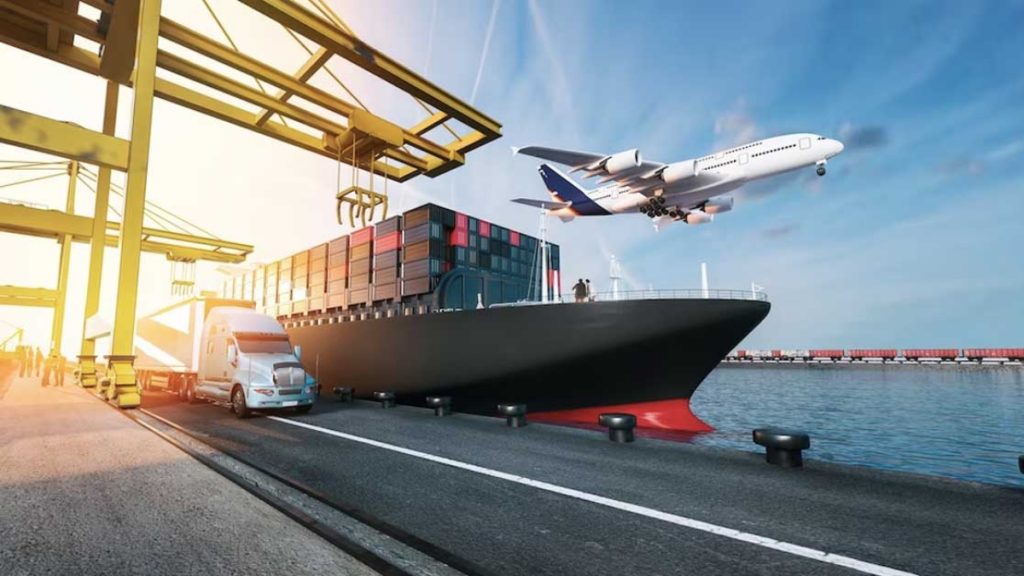In the modern world of interconnected economies and global supply chains, the role of freight forwarders has become increasingly indispensable. A freight forwarder acts as a logistics expert, coordinating and managing the shipment of goods from one destination to another. They are the behind-the-scenes professionals ensuring that businesses can seamlessly transport products across borders, oceans, and continents. Working with a trusted freight forwarder is one of the most effective ways to optimize your sea freight costs.
What Is a Freight Forwarder?
A freight forwarder is a service provider that arranges the transportation and storage of goods on behalf of businesses or individuals. They serve as intermediaries between shippers and various transportation services, such as air, sea, rail, and trucking companies. By leveraging their expertise and network, freight forwarders optimize the logistics process, ensuring timely and cost-effective delivery of goods.
Freight forwarders do not own the ships, planes, or trucks used for transportation. Instead, they rely on their knowledge and connections to negotiate contracts, book cargo space, and oversee the movement of goods. Their role encompasses a wide range of logistical and administrative tasks, which are critical for the success of international trade.
Responsibilities of a Freight Forwarder
Transportation Coordination
Freight forwarders manage the entire shipping process, selecting the most suitable transportation modes based on factors such as cost, speed, and the nature of the cargo. They often combine multiple modes of transport (multimodal shipping) to ensure efficiency.
Customs Clearance
Navigating the complex world of customs regulations and documentation is one of the key services provided by freight forwarders. They handle paperwork, calculate duties and taxes, and ensure compliance with local and international trade laws.
Cargo Insurance
To mitigate risks during transit, freight forwarders offer cargo insurance services, protecting goods from potential damage, theft, or loss.
Warehousing and Storage
Freight forwarders often provide warehousing solutions, either through their facilities or third-party partners. This service is crucial for businesses requiring temporary storage of goods before they reach their final destination.
Packaging and Labeling
Proper packaging and accurate labeling are essential for ensuring that goods arrive in good condition and comply with international shipping standards. Freight forwarders assist in this process to prevent delays or damage.
Tracking and Communication
Modern freight forwarders offer real-time tracking of shipments, providing transparency and peace of mind to clients. They maintain open communication channels to address any concerns or updates during transit.
Benefits of Using a Freight Forwarder
Expertise in Global Trade
Freight forwarders possess deep knowledge of international shipping regulations, trade agreements, and industry best practices. This expertise reduces the risk of errors and delays, saving businesses time and money.
Cost-Effectiveness
By consolidating shipments and negotiating rates with carriers, freight forwarders help businesses optimize shipping costs. Their established relationships with transportation providers often result in better pricing and service.
Time Savings
Managing logistics can be time-consuming and complex. Freight forwarders handle the intricacies of shipping, allowing businesses to focus on their core operations.
Risk Mitigation
Freight forwarders anticipate and address potential challenges, such as port congestion, customs delays, or weather disruptions. Their proactive approach minimizes risks and ensures smooth operations.
Scalability
Freight forwarders offer flexible solutions that cater to businesses of all sizes. Whether it’s a small parcel or a large cargo shipment, they can scale their services to meet varying demands.
Challenges Faced by Freight Forwarders
Despite their critical role, freight forwarders face numerous challenges in today’s dynamic trade environment. Fluctuating fuel prices, changing regulations, and geopolitical tensions can complicate shipping processes. Additionally, the demand for sustainability has prompted freight forwarders to adopt eco-friendly practices, which often require significant investments in technology and innovation.
